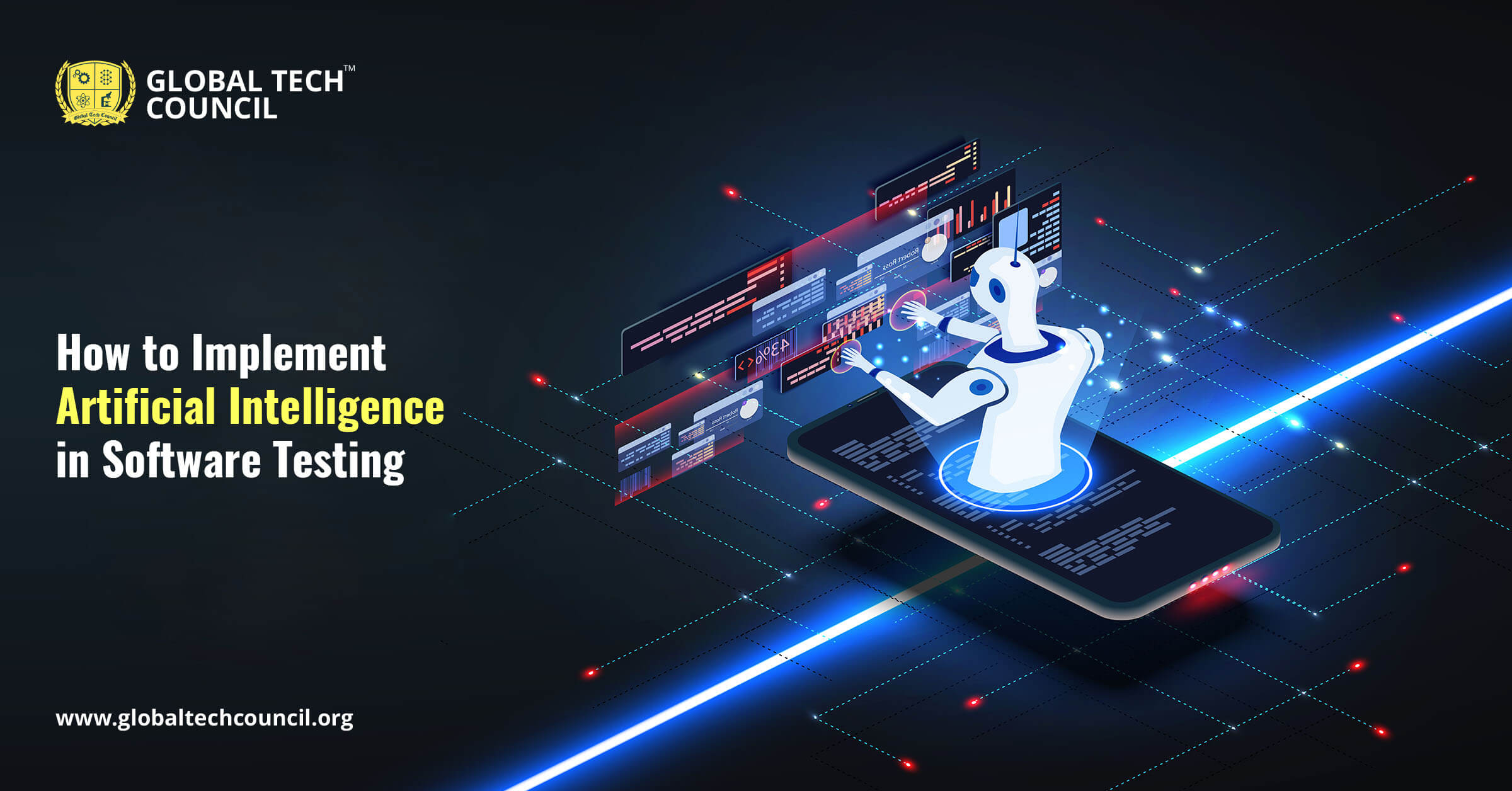
Artificial intelligence certification plus machine learning are reshaping many industries and influencing many parts of our everyday life. AI is being used in various industries, including banking, hospital, retailing, teaching, and technology, to automate operations, cut costs, and create data-driven choices. TV and movie suggestions, personalized virtual assistants, video surveillance, plus home technology are all powered by AI in all of our houses.
Why is testing crucial?
Testing is an important method that ensures client experience with a program and protects against unexpected errors that could be costly for the firm. It is a systematic procedure in which a program is evaluated and studied under particular circumstances to determine its adoption’s ultimate criteria plus risks.
With software creation lifespans growing increasingly complex and supply timeframes shrinking, testers must provide immediate responses and assessments to programming groups. In the present situation, there isn’t any option available other than to test more intelligent, not more challenging, given the dizzying speed of emerging technology and item launches. Updates that used to come once every thirty days are now done weekly, and these updates are done virtually every other day. Artificial Intelligence, it seems clear, is the solution to speeding software testing and trying to make it better and much more effective.
What is AI software testing?
The goal of artificial intelligence in the software testing process is to make testing faster and therefore more practical. To streamline and enhance testing, AI and machine learning use reasoning plus problem-solving technologies. AI in software testing assists groups in concentrating on more complicated duties, such as building inventive, creative functionality, by reducing time-consuming physical analysis.
As artificial intelligence becomes more prevalent in modern society, it is getting increasingly important to ensure that these technologies are helpful, legal, secured, maintainable, affordable, and durable. To put it another way, AI requires testing.
On the plus side, Ai certification experts and operators realize AI plus machine learning’s capacity to fill the space between conventional and computer testing capacities. As a consequence, several companies are working on AI-powered automation testing systems. A variety of companies providing AI Intelligence test automation solutions has increased dramatically since 2014. Most of these technology suppliers are small businesses that specialize in system-based testing of smartphone apps, as well as the topic is garnering some public interest in the industry.
Here are some benefits of implementing Artificial Intelligence in software testing.
- It is beneficial to both programmers plus testers.
Programmers can utilize shareable automatic tests to identify issues immediately before delivering them to QA. Whenever source program updates are verified, tests will start autonomously and inform the group or the programmer if they miss. These types of functionalities reduce developer’s time as well as boost their trust.
- Something more than that old conventional manual software testing.
A supervised web service test involving 1500+ clients is practically hard for even the most prominent software groups. One can mimic hundreds and thousands of simulated users who can engage with networking, program, or web-based services using automated testing.
- Increased precision
Error is a natural part of life. While performing tedious manual testing, sometimes the most thorough tester is liable to make faults. In this case, automated testing comes in handy since it repeats the same procedures every time they are run, ensuring that specific conclusions are never missed. Testers who are no longer need to perform repetitious manual tests have much more opportunity to develop new automatic program checks and cope with more complex features.
- Time and money spared equal to more time to market.
Manually redoing software testing each moment source data is amended is not only wasting time but also expensive. On the other hand, automated testing can be run repeatedly at no additional expense as well as at a significantly faster rate once they have been built. The time it takes to test software could be cut in half, resulting in significant cost reductions.
- Increased overall clearance of tests
The complexity and coverage of testings can be increased with automation tools, leading to an ultimate enhancement in software development. In addition, to evaluate if the application is operating as predicted, automatic software testing could examine memory, including file information, internal program states, and data sets. Overall, the automated tests can perform 1000s of distinct test instances in a single test run, delivering completeness that is impossible to achieve with manual testing.
Conclusion
The application of AI to improve current tools and systems that focus on particular testing challenges has been one of the tendencies that began this year and therefore are forecast to grow. Operational testing of the website and smartphone programs, visual assessment of UI design, plus UI item placement, and automatically correcting component selectors are all evident at the moment. Beyond that, we can see AI replacing entire technological frameworks for automation testing. One can even get an Ai certification course to better knowing Ai. The Artificial Intelligence training can also help you in getting job-related to Artificial Intelligence.